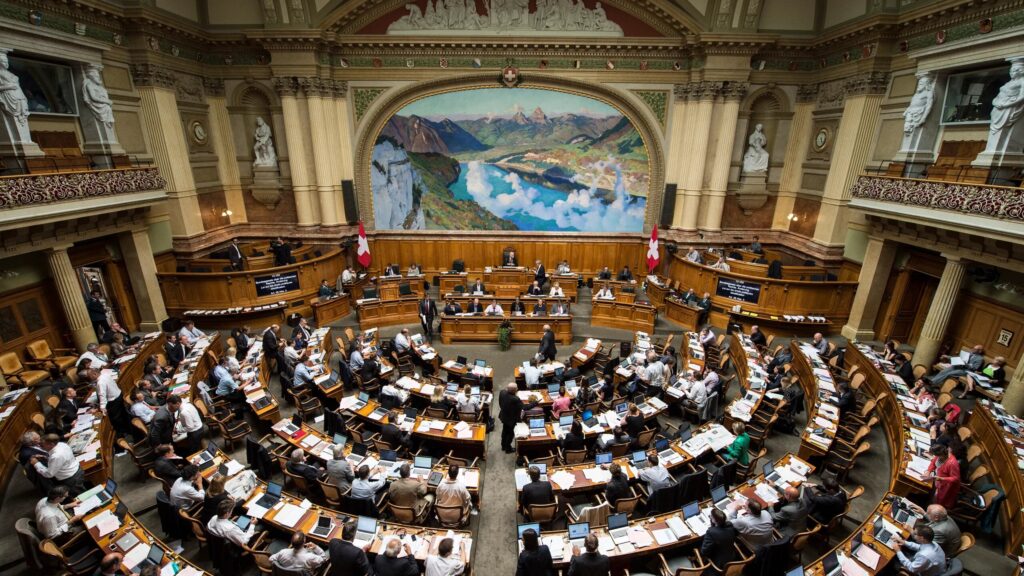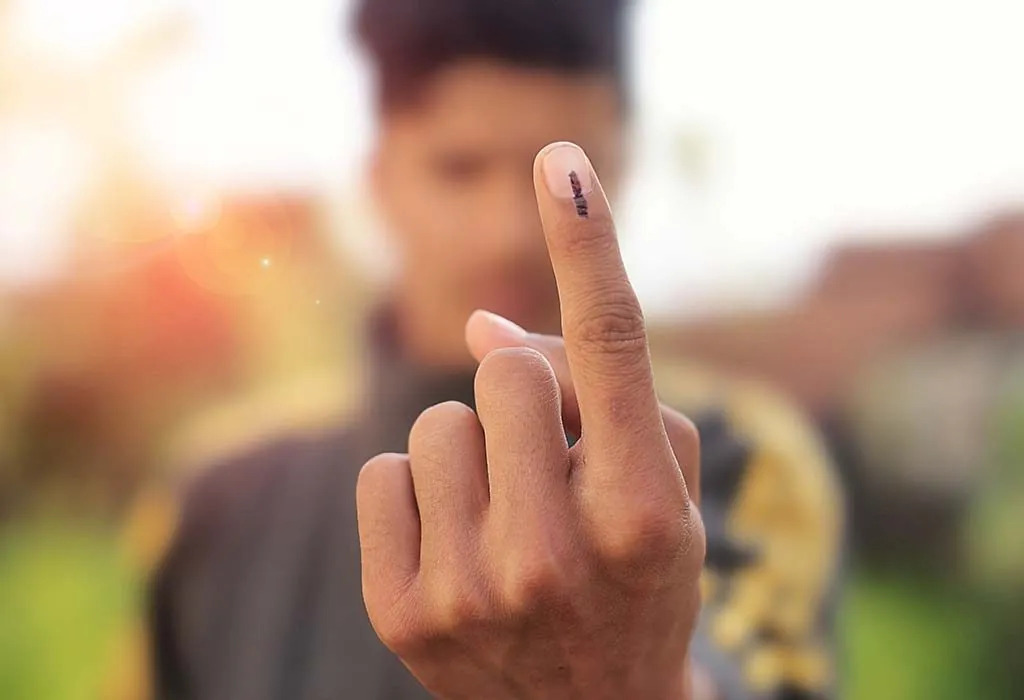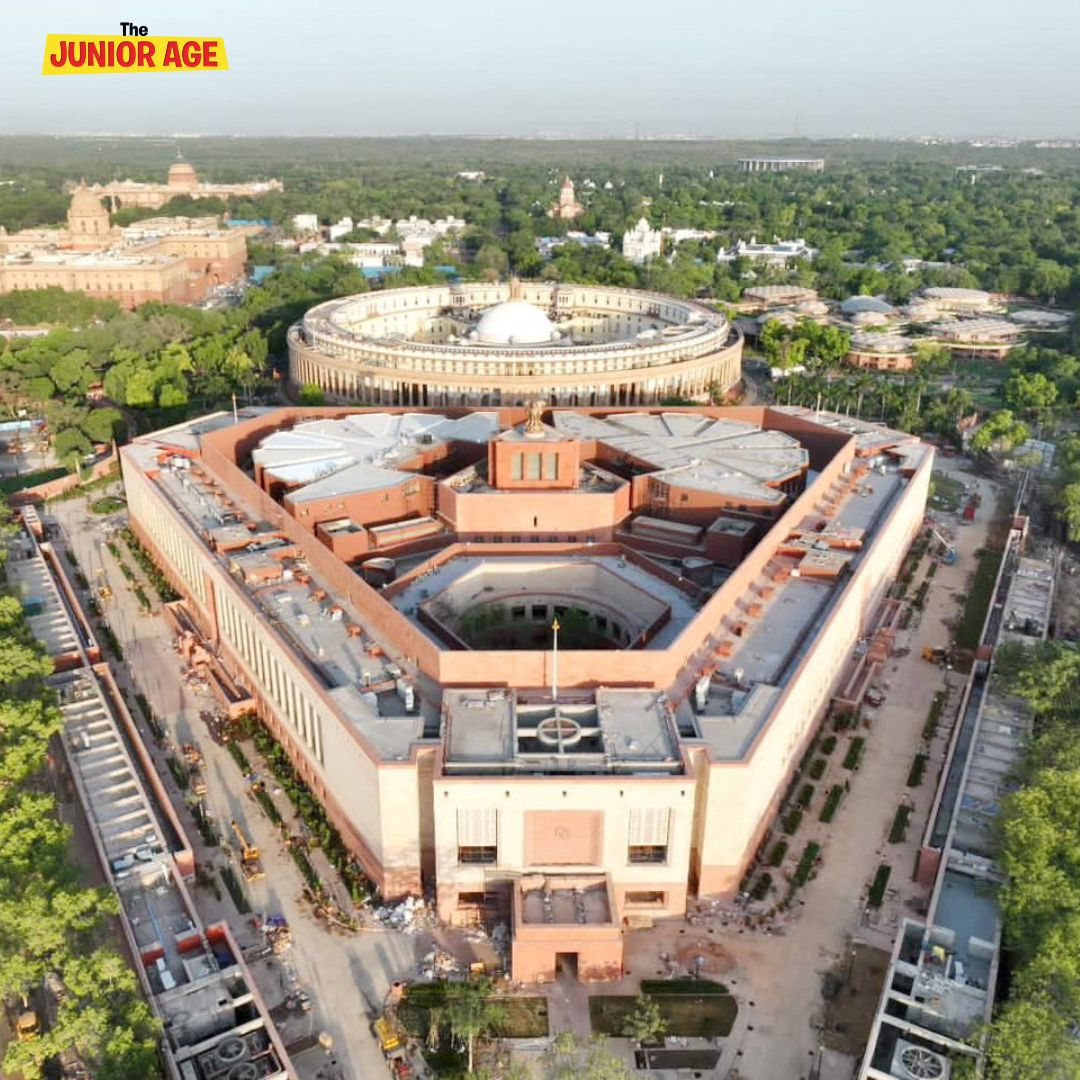What Is A Parliament?
A Parliament is an important aspect of any democratic country. Parliament is the lawmaking body of a government. The Indian Parliament is responsible for making laws, overseeing the administration, passing the budget, and discussing issues of national and international importance. The members of the Indian Parliament are either elected or appointed.
Get Know more about India, Buy This Exploring India Flashcards.

The Indian Parliament
The Indian Parliament is the highest legislative body of India.
The President Of India
The head of the Indian Parliament
The Two Houses
- Rajya Sabha – 250 seats (Current = 245)
- Lok Sabha – 550 seats (Current = 545)
What Is Rajya Sabha?
According to the Constitution of India, the Rajya Sabha or the Upper House of the Indian Parliament consists of the representatives of the States and the Union Territories and persons nominated by the President of India. Rajya Sabha is a permanent body and cannot be dissolved. However, one third of the members retire every second year, and are replaced by newly elected members. Each member is elected for a term of six years.
What Is Lok Sabha?
Universal Adult Suffrage. According to the Constitution of India, Lok Sabha can have a maximum of 550 members in the House. However, presently the Lok Sabha consists of 545 seats out of which 543 seats are filled by elected representatives. The remaining two seats are filled by nomination of representatives of the Anglo-Indian Community if the President feels that this community has not been represented adequately.
Term Of The Lok Sabha
The term of the Lok Sabha, unless dissolved earlier, is five years from the date: appointed for its first meeting. But in case of any emergency, this period may be extended by Parliament in accordance with the provisions of the Constitution of India.
Who Can Contest The Lok Sabha Polls?
- The contestant must be a citizen of India.
- Must be 25 years of age.
- Should be enrolled as a current voter in any parliamentary constituency of India.
- Must possess other qualifications as prescribed by or under any law made by the Parliament of India.
Who Can Vote?
The Universal Adult Suffrage means that all Indian citizens above the age of 18 have the right to vote, irrespective of caste, creed, religion, gender or ethnicity.

How Is The Government Of India Formed?
For a political party to form the government in India, it should have at least half the number of the Lok Sabha members or more i.e. 272 (50% of 543). When a political party wins 272 seats or more in the Lok Sabha elections, it is called winning with an absolute majority.
If no single party wins with an absolute majority, the leading parties will try to form a coalition with smaller parties. These alliances and coalitions between political parties could be formed either before or after the Lok Sabha elections.
After the election results are declared, the President of India will ask the party with an absolute majority or the party with maximum number of seats or any coalition of parties (in case no single party has absolute majority) to form the government.
The party with absolute majority or the coalition of political parties will nominate one of its members to be the Prime Minister. In turn, the Prime Minister will select the council of Ministers to assume the responsibilities of the different departments in the cabinet.
Interesting Facts About The Lok Sabha Elections
The total elective membership of the Lok Sabha is distributed among the Indian states in such a way that the ratio between the number of seats allotted to each State and population of the State is, as far as practicable, the same for all states.
For the first time in the history of India, certain people can vote from home in the upcoming Lok Sabha elections. Senior citizens who are above 85 years and persons with disabilities can opt for postal ballots and cast their votes from homes.
The first general elections in India were held in 1951-1952.
NOTA, short for None of the Above, was introduced in 2013 to allow voters to declare that they reject all the candidates fielded by every contesting party.
The Election Commission of India enforces the Model Code of Conduct once the elections are announced. This code of conduct is implemented to ensure free and fair elections. It is a set of guidelines for the conduct of political parties and candidates during elections.
The Following States Have The Most Number Of Lok Sabha Seats:
- Uttar Pradesh – 80
- Maharashtra – 48
- West Bengal – 42
- Bihar – 40
- Tamil Nadu – 39

Watch full video on, Interesting Facts About The Drafting of the Constitution of India | History of Indian Constitution

